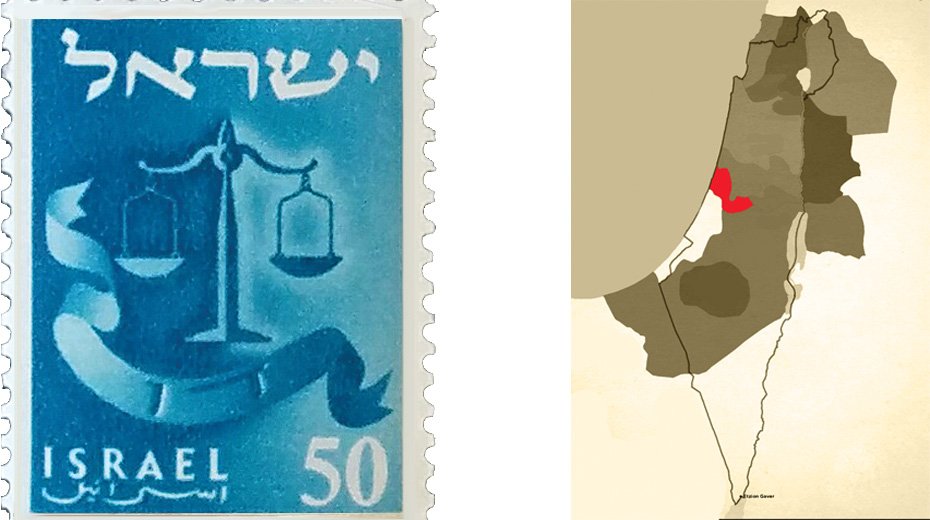Tevet comes from the word tevia (טביעה), which means to sink or drown. In the rainy month, approximating to the month of December, there is a danger of drowning or sinking into the mud. The agriculture in Israel was always dependent on the rains in Tevet. Rain symbolizes blessing.
The month of Tevet appears in the Bible in two accounts, once as a danger and the second time as a hope for a better future. “Now it came about in the ninth year of his reign, on the tenth day of the tenth month, that Nebuchadnezzar king of Babylon came, he and all his army, against Jerusalem, camped against it, and built a siege wall all around it.” (2 Kings 25:1) The siege of Jerusalem, which culminates in the destruction of the Temple, is related as being in the tenth month. “So Esther was taken to King Ahasuerus to his royal palace in the tenth month which is the month Tebeth [Tevet], in the seventh year of his reign.” (Esther 2:16) This situation rescued the people of Israel in the Diaspora.
The Tribe of...
Become a Member
-
Read all member content
Get exclusive in-depth reports from Israel.
-
Get exclusive in-depth reports from Israel
Connect with Israel, right from your home.
-
Lift up the voice of truth and hope
Support Jerusalem-based Zionist journalism.

Already a member? Login here.











